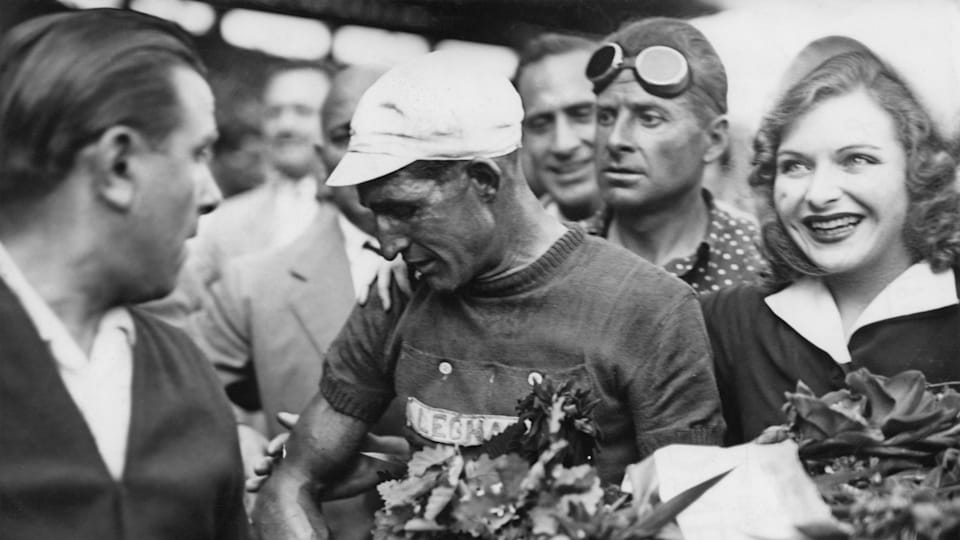
By the time road cyclist Gino Bartali got married on 14 November 1940, the Italian had won the Tour de France once and Giro D'Italia twice.
The wedding was celebrated by the Archbishop of Florence, Cardinal Dalla Costa, and the blessing performed by Pope Pius XII, such was the popularity of Bartali.
But it was for a very different reason that Bartali would come to be known as Ginettaccio in his home nation, and across the world as Gino le Pieux or Gino the Pious.
Using his cycling career as cover, Bartali helped save the lives of many Jewish people during World War II. Telling no one about his deeds, at his insistence, it was only after his death in 2000 at age 85, the story came to light.
Gino the Pious
Bartali was born in rural Tuscany in 1914, the hills around his home proving a happy cycling playground. Turning professional in his early '20s, his fame in Italy grew, soon anointed with a 'King of Cycling' moniker.
A devout Catholic, his strong moral convictions meant that on winning the 1938 Tour de France, Bartali did not dedicate the win to Italy's fascist leader, Benito Mussolini.
When war broke out in Europe in 1939, Bartali was conscripted into military service as a bike messenger, allowing him to continue training and racing.
In 1943, Elia Dalla Costa, who had been secretly aiding thousands of Jews seeking refuge, spoke with Bartali. A plan was hatched to use Bartali's fame and cover of lengthy training rides to cycle between cities across Italy, hiding falsified identity cards and other secret documents in the frame of his bike.
When stopped by checkpoint guards, Bartali asked them not to touch his bike; it is set up specifically to suit my racing style, he told them.
Bartali also hid a Jewish family in his apartment and then a nearby basement.
He was risking his life every time.
Liberation and triumph
Two years after Florence was liberated in August 1944, Bartali again won the Giro D'Italia, despite struggling to regain his physical and mental fitness after food shortages and the stresses of war.
In 1948, ten years after his first win, Bartali again claimed the Yellow Jersey at the Tour de France. A record for the longest period between wins – albeit through circumstance – that stands to this day.
It was during this Tour, against the background of Italy trying to regain some political stability, that the leader of the Italian Communist Party, Palmiro Togliatti, was severely injured after being shot in the neck by a sniper as he was leaving the parliament building. A revolt looming in his home nation, Bartali, who had been told the news, managed to win three stages of Le Tour, helping ease tensions with emotions distracted by joyful scenes.
Such was Bartali's sporting prowess, a song by Paolo Conte, released in 1979, is renowned throughout his home nation. The lyrics basically boil down to, you go to the cinema, I'm watching Gino Bartali race – the jaunty track has no reference to Bartali's war-time heroics, because no one knew about them.
And that was how Bartali liked it, telling his son Andrea Bartali:
"If you’re good at a sport, they attach the medals to your shirt and then they shine in some museum. That which is earned by doing good deeds is attached to the soul and shines elsewhere."
